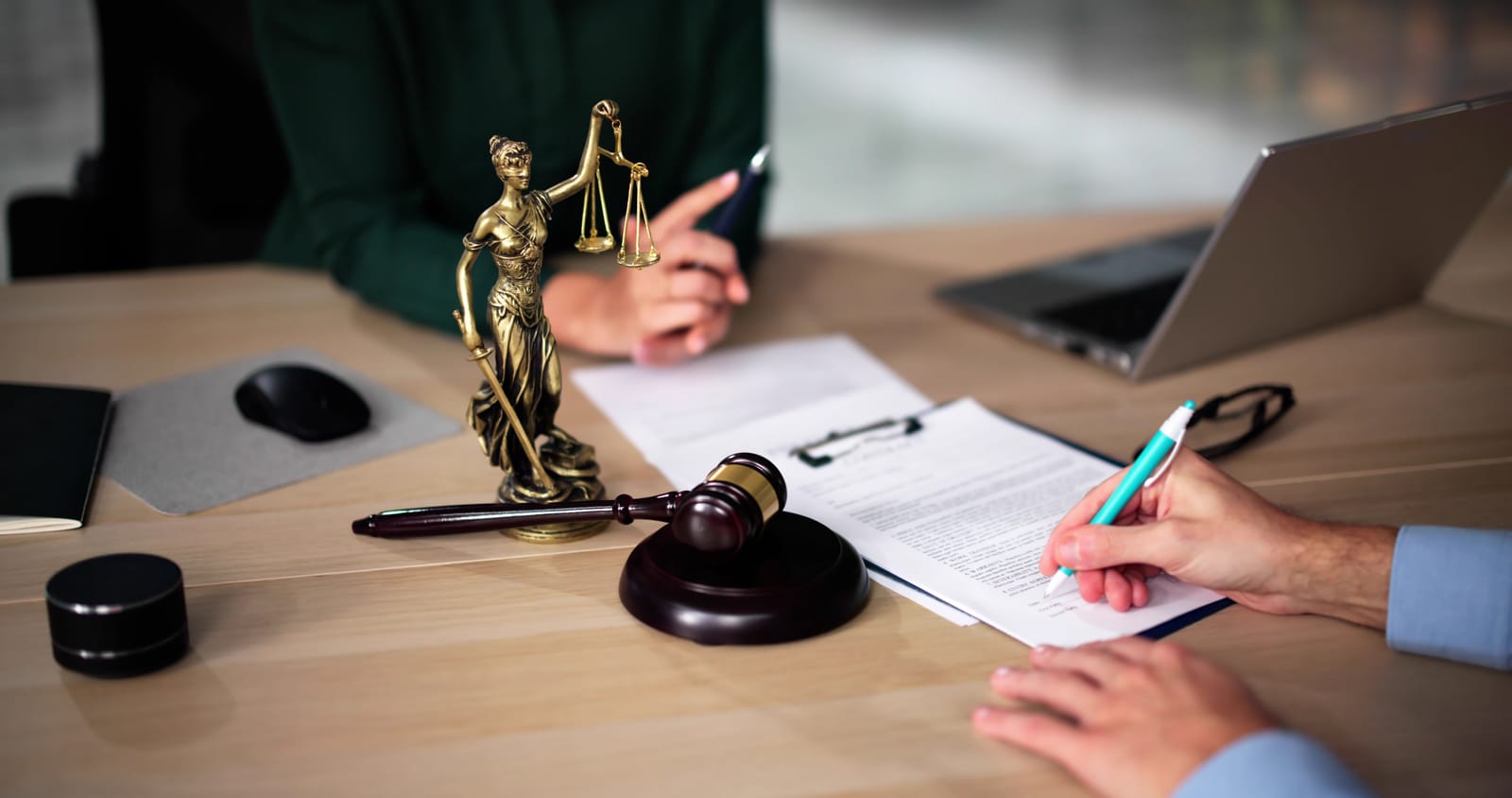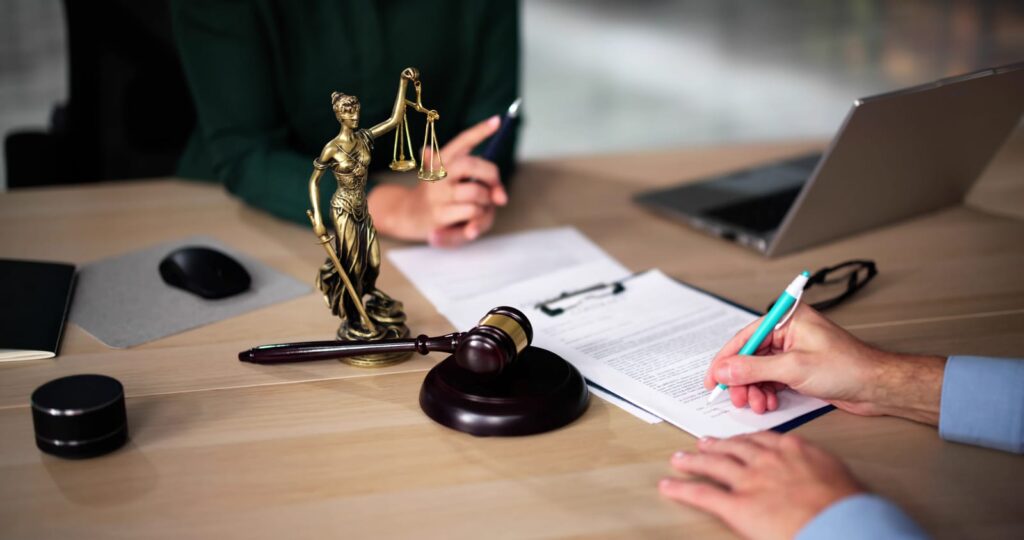
Imagine living in a home where the roof leaks, the heat is unreliable, and mold creeps in where it shouldn’t. Such scenarios are more common than many tenants realize, and understanding your rights when faced with substandard living conditions is crucial. Tenants are protected under laws that ensure living environments are safe, habitable, and maintained by landlords. Despite legal protections, navigating these waters can be daunting without proper guidance.
We as your local law firm in Vancouver, is here to guide you on your rights as a tenant when your rental property is in poor condition. Our real estate lawyers can help you address common issues like structural damage, heating failures, and health hazards and guide you through the steps to take if your property is in disrepair.
Understand Your Tenant Rights
As a tenant, you have certain rights that protect your living situation. The Residential Tenancies Act (RTA) outlines these rights and ensures that tenants live in safe conditions. Understanding your rights can help you address problems if your rental home is in poor shape. It’s crucial to know what to do if your landlord isn’t keeping the property habitable. Keeping informed about your rights and your landlord’s duties can give you peace of mind. Make sure to document issues and know who to contact if problems arise. This knowledge empowers you, ensuring your home meets basic habitability standards.
Right to a Habitable Living Environment
Every tenant has the right to live in a home that is in good condition. Your home should meet all municipal standards for health and safety. This includes having adequate heating, clean water, and a sturdy structure. It also means being free from pest infestations. If any of these elements are lacking, the property is not considered “habitable.” You have the right to demand repairs or improvements from your landlord. Documenting these issues with photos and written records is crucial. This helps in communications with your landlord or when seeking legal assistance.
Responsibilities of the Landlord
Landlords must maintain the property and ensure it meets habitability standards. They are required by law to perform necessary repairs on time. This can include fixing heating systems, plumbing, or repairing the building’s structure. If an issue arises, landlords should address emergencies immediately and non-emergencies within a reasonable timeframe. The landlord also must keep common areas clean and safe. Tenants can report issues via written notices or maintenance requests. Should problems persist, tenants may seek help from local housing authorities. Documenting all communications and repair requests is vital for protecting tenant rights.
Common Issues in Poor Condition Rentals
Living in a rental property comes with expectations of safety and comfort. However, many tenants face common issues that disrupt their living conditions. These can range from structural damage to heating and electrical system problems. Additionally, health hazards like mold and pest infestations can greatly affect your quality of life.
Structural Damage Concerns
Structural damage in a rental property can pose serious safety risks. Cracks in walls, leaks in the roof, or issues with the property’s foundation are more than just cosmetic. They can indicate underlying problems that must be addressed. As a tenant, you have the right to live in a structurally safe home. Landlords are required by law to maintain the integrity of the property. If you notice structural issues, report them immediately. Document your concerns with photos and written communication. This ensures there is a record of your requests and any responses from your landlord.
Heating and Electrical System Failures
Failing heating and electrical systems can make a home unlivable. During cold months, a lack of heat can lead to uncomfortable and unsafe conditions. Similarly, faulty wiring or inconsistent electrical supply can be dangerous and inconvenient. Landlords have a legal responsibility to ensure these systems are in good working order. Typically, they must respond to repair requests within a reasonable time frame. For urgent issues, like a complete lack of heat, the response should be immediate. Always report problems in writing and keep a record of when the complaint was made.
Health Hazards: Mold and Pest Infestations
Mold and pests aren’t just nuisances; they pose health risks too. Mold can trigger allergies and respiratory issues, while pests can contaminate living spaces. Both problems indicate that a property is not being properly maintained. Tenants are entitled to live in a pest-free and mold-free environment. Regular maintenance, such as fixing leaks or sealing entry points, can prevent these issues. If you encounter mold or pests, notify your landlord right away. Like with other issues, document everything. This includes taking photographs and keeping a log of all communications with your landlord.
Steps to Take When Property is in Disrepair
If your rental property is in poor condition, it is important to address the issues promptly. You have rights as a tenant to ensure your home is safe and livable.
Documenting and Notifying the Landlord
The first step in resolving any property issue is documentation. Keep detailed records of all problems, including photos and videos if possible. Note the date and nature of each issue. These records are crucial for building a strong case if disputes arise. Once you document the problem, inform your landlord in writing. A written notice, such as an email or letter, serves as a formal request for repairs. This notice should be clear and detailed, specifying what repairs are needed and why. Include any deadlines or expectations based on legal timeframes for repairs. Maintaining these records and communications ensures you have evidence should the need arise for legal action.
Establishing Formal Agreements for Repairs
After notifying the landlord, the next step is to establish a formal agreement for repairs. This agreement should detail what work will be done and timelines for completion. Having everything in writing helps ensure both parties are aware of their responsibilities. If the landlord is responsive, collaborate on setting reasonable deadlines. However, if the landlord fails to act, you might have to consider other options. This could include withholding rent or hiring someone to fix the issue and deducting the cost from your rent, where allowed by law. If these steps do not resolve the problem, it may be necessary to file a complaint with local housing authorities. Understanding your rights and legal protections is key in these situations to ensure your living environment returns to a safe and habitable condition.
Legal Remedies and Actions Suggested By Your Real Estate Lawyer in Vancouver if Property Left Unrepaired
If your rental property is in poor condition, you have the right to live in a safe, habitable environment—and your landlord is legally obligated to maintain it. As your Vancouver real estate lawyer, we recommend the following actions:
- Document Everything: Keep written records of complaints, repair requests, and photographic evidence of the issues.
- Know Your Rights: Understand your rights under the Residential Tenancy Act, including protection against wrongful eviction, utility shut-offs, and harassment.
- Take Proper Steps: Notify your landlord in writing and allow reasonable time for repairs. If they fail to act, you may consider rent withholding or filing a formal complaint.
- Seek an Inspection or Legal Support: Contact local authorities for inspections, and consider legal action through tenancy boards or small claims court if necessary.
- Review Your Lease: Understand key clauses around maintenance, repairs, and early termination to protect your legal position.
Every situation is unique, and timely legal advice from our expert real estate lawyers in Vancouver from Hoogbruin & Company can help you evaluate your case.

